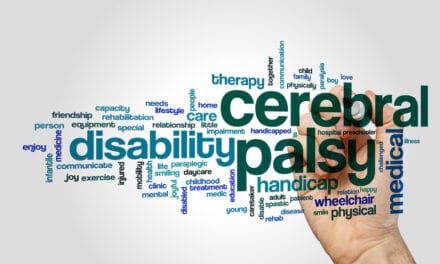Last Updated: 2008-03-18 15:17:13 -0400 (Reuters Health)
NEW YORK (Reuters Health) – The results of a study published in the March issue of Hypertension suggest that there is an inverse linear relationship between systolic blood pressure and cognition that extends to individuals with blood pressures in the high-normal range.
"While the relation between systolic blood pressure (SBP) and vascular events is linear down to the high-normal range, the relation between SBP and cognition is less clear," Dr. Stefan Knecht and colleagues from the University of Munster, Germany, point out.
In a cross-sectional analysis, the researchers examined the association between SBP and cognition in a cohort of 377 healthy, non-demented, community-dwelling subjects between the ages of 44 and 82 years (median 64 years).
The team evaluated the subjects using a neuropsychological test battery that provided five composite scores for cognition, including learning and memory; attention and executive function; spatial skills; working memory; and verbal skills. Global cognition was calculated from the sum of the single composite scores.
The results of multiple regression analysis revealed that age, education, gender, and SBP explained one third of the variance in global cognitive performance. The authors found that the relationship between SBP and global cognitive performance was inversely correlated, followed a linear pattern and included SBP below 140 mm Hg. Antihypertensive medications had no effect on this association.
"Subgroup analysis showed that the association of SBP and cognition was driven by results in mid-life (<60 years) individuals (p < 0.005). However, global cognitive performance did not appear to be significantly affected by SBP at older ages."
Hypertension 2008;51:663-668.
Copyright Reuters 2008. Click for Restrictions



